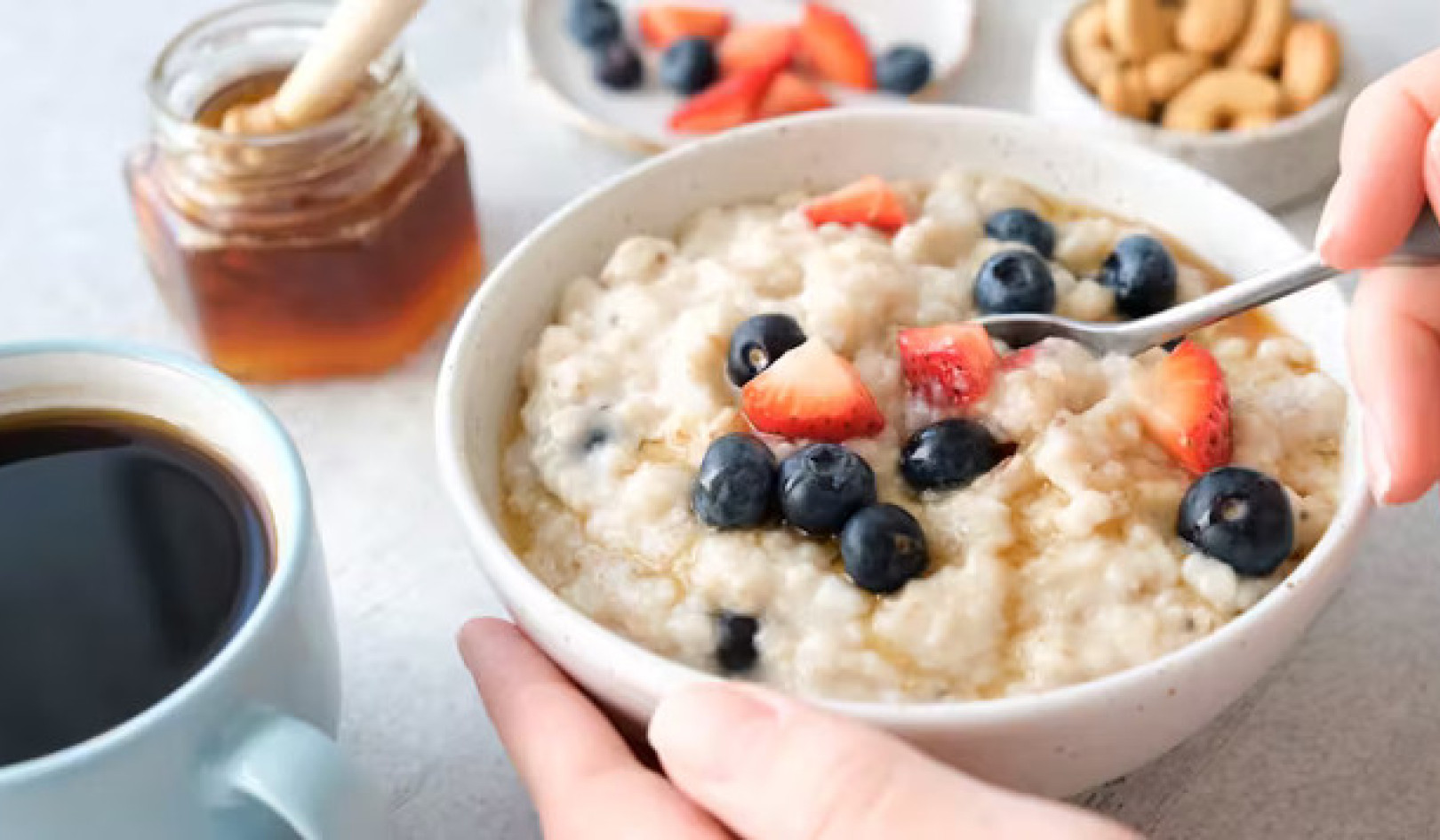
Bisphenol A is an organic, colourless, compound that is used to make polycarbonate polymers and epoxy resins, along with other materials used to make plastics. BPA is controversial because it exerts weak but detectable hormone-like properties, raising concerns about its use in food and drink packaging and its possible links to present health problems.
BPA is in many of the products we eat and drink regularly. It is so common that the CDC estimates that 93% of Americans have BPA in their bloodstream. One of the most common products containing BPA and the one of most concern is canned food.
{youtube}MRF2CzMJhw8&{/youtube}
Several governments have questioned the safety of BPA, prompting some retailers to withdraw polycarbonate products. A 2010 report from the United States Food and Drug Administration raised further concerns regarding exposure of fetuses, infants and young children. In September 2010, Canada became the first country to declare BPA toxic and in Canada and Europe, BPA is banned in baby bottles.
As consumers become more aware of the possible dangers of BPA and avoid products that contain BPA, some companies are searching for alternative packaging. It just proves the power of consumers to force companies to make healthy choices.
Major producers to ditch BPA from packaging
The Independent
Nestlé, Heinz and General Mills among manufacturers to stop using chemical, amid growing concerns about health effects.
Some of the world's biggest food companies are removing the chemical Bisphenol A from packaging, amid growing concern it is causing a wide range of human illnesses including heart disease and breast cancer.
 Nestlé, the world's biggest food manufacturer, says its will stop putting Bisphenol A (also known as BPA) into US products within three years, while tinned giant Heinz is at "an advanced stage" in removing it from UK baby food, and is funding research by one of the chemical's leading critics. General Mills, the US giant behind the Green Giant tinned brand, has already ditched BPA from its Muir Glen tomato range, while Campbell Soups says it has done "hundreds" of tests exploring alternatives. Several other firms, such as Coca-Cola, have declined to disclose a timetable for its withdrawal, saying that BPA is safe.
Nestlé, the world's biggest food manufacturer, says its will stop putting Bisphenol A (also known as BPA) into US products within three years, while tinned giant Heinz is at "an advanced stage" in removing it from UK baby food, and is funding research by one of the chemical's leading critics. General Mills, the US giant behind the Green Giant tinned brand, has already ditched BPA from its Muir Glen tomato range, while Campbell Soups says it has done "hundreds" of tests exploring alternatives. Several other firms, such as Coca-Cola, have declined to disclose a timetable for its withdrawal, saying that BPA is safe.
BPA toughens the packaging of many tins, glass jars and plastic bottles, and the casings of electronics gadgets such as TVs, mobile phones and laptop computers.
Dozens of scientists say it is an endocrine disruptor that affects hormones and could be causing breast and prostate cancer, heart disease, brain retardation, impotence and infertility.
Read the entire article here and view the following video:
{youtube}dhkYARY21Vc{/youtube}




























